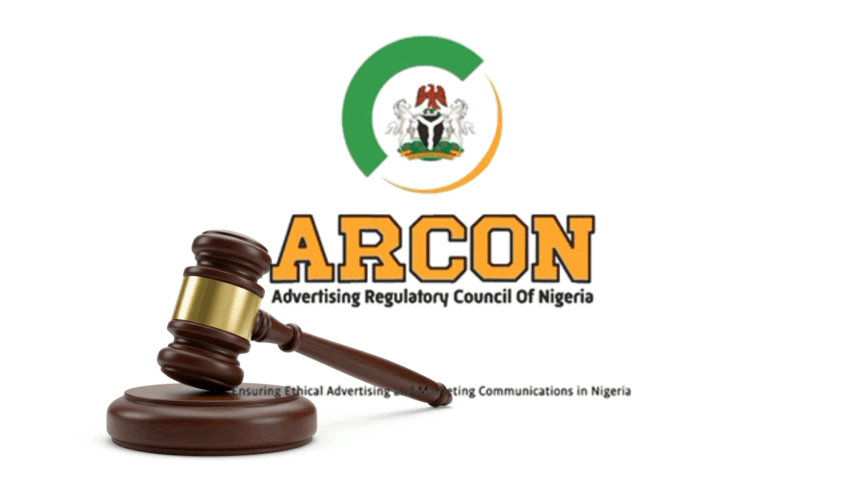It is the era of online business and sponsored digital adverts but many do not know there are regulations guiding the placement of sponsored digital adverts. As an online vendor, you need information to be able to navigate successfully the world of online content, so you know what works for you and what doesn’t.
The move to regulate all forms of advertising in Nigeria commenced in the year 2022 when the Advertising Regulatory Council of Nigeria (ARCON) decided to include online content in its regulation.
ARCON says its goal is to stop misleading or exploitative ads, especially because the online space is so susceptible to this. An example would be the recent social media-driven scams like CBEX.
And in April this year, the move was legalized when a court of competent jurisdiction ruled on the power of ARCON in a suit filed by Betway Nigeria (through Digi Bay Limited), its parent company Super Group Limited against ARCON and the Attorney General of the Federation.
The company asked a federal High Court to determine whether ARCON can regulate digital ads and influencers who aren’t registered advertising practitioners. And on April 30, 2025, the court ruled that ARCON has legal authority to regulate all advertising content, including on social media and digital platforms.
The implication of this is that every business in Nigeria intending to promote their product or service online, using adverts must first obtain ARCON approval for every digital advert or sponsored post and pay the vetting fees (about N7,500 to N100,000) depending on format and placement.
ALSO READ FROM NIGERIAN TRIBUNE: JAMB sets 150 as cut-off mark for universities
Failure to obtain ARCON approval can lead to being investigated, being referred to the Advertising Offences Tribunal, and possible criminal or administrative sanctions.
But analysts have argued that while ARCON has legitimate concern due to high level of scams, misleading content and false advertising, requiring every ad no matter how small, to go through a formal approval process risks overwhelming businesses and the regulator.
They think there should be a reasonable threshold below which ads are exempt. This is known in law as a de minimis threshold — a principle that trivial matters should be exempt from heavy regulation.
But for now this is the law and it is in operation; and until the law is changed or overturned, every business must treat digital ads like radio or TV spots requiring approval, vetting fees and timelines. Therefore, before you run that advert or content online, check your limitations.
WATCH TOP VIDEOS FROM NIGERIAN TRIBUNE TV
- Let’s Talk About SELF-AWARENESS
- Is Your Confidence Mistaken for Pride? Let’s talk about it
- Is Etiquette About Perfection…Or Just Not Being Rude?
- Top Psychologist Reveal 3 Signs You’re Struggling With Imposter Syndrome
- Do You Pick Up Work-Related Calls at Midnight or Never? Let’s Talk About Boundaries







